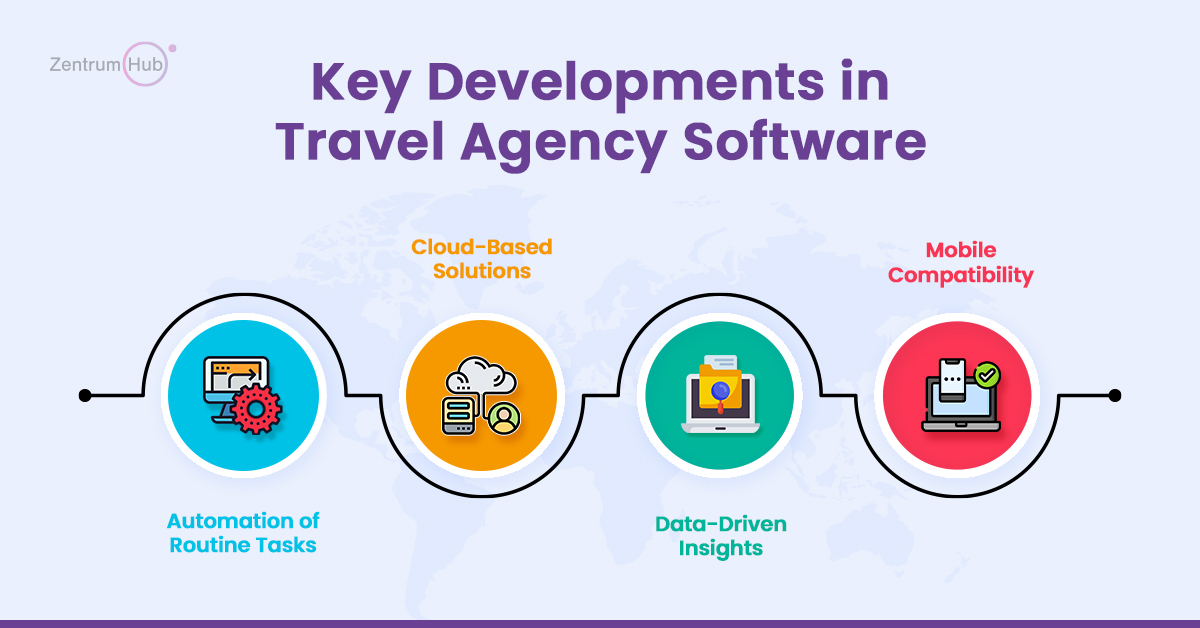Why Travel Agency Software is a Game-Changer?

Why Travel Agency Software is a Game-Changer? Running a travel agency is more than just booking flights and hotel rooms. It’s about crafting memorable experiences, understanding clients’ unique needs, and bringing together the perfect blend of destinations, activities, and services. But behind every seamless trip lies a maze of logistical challenges: tracking bookings, managing itineraries, […]



